Startying a Backyard Nursery from Scratch
Nixta
12 years ago
Featured Answer
Sort by:Oldest
Comments (7)
calliope
12 years agolast modified: 9 years agoRelated Professionals
Wareham Landscape Architects & Landscape Designers · Elgin Landscape Contractors · Beachwood Landscape Contractors · Cockeysville Landscape Contractors · Gurnee Landscape Contractors · Hannibal Landscape Contractors · Hilton Head Island Landscape Contractors · Mequon Landscape Contractors · Seven Hills Landscape Contractors · Waldorf Landscape Contractors · West Coon Rapids Landscape Contractors · Wilton Landscape Contractors · Vadnais Heights Landscape Contractors · Raytown Landscape Contractors · Springfield Driveway Installation & Maintenancecalliope
12 years agolast modified: 9 years agopinusresinosa
12 years agolast modified: 9 years agobackwoodsgirl
12 years agolast modified: 9 years agowyobluesky
12 years agolast modified: 9 years agohosenemesis
12 years agolast modified: 9 years ago
Related Stories
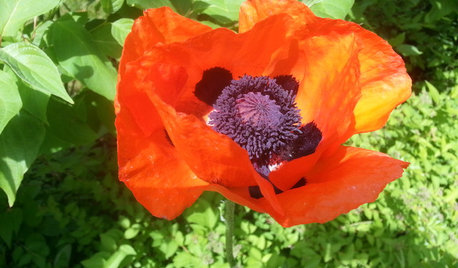
GARDENING GUIDESBeautiful Flowers and Foliage From Dedicated Backyard Gardeners
From lawn daisies to topiaries, Houzz users share their backyard beauties
Full Story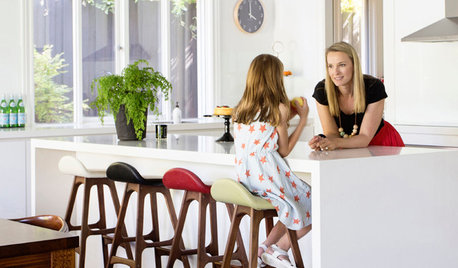
TRANSITIONAL HOMESMy Houzz: Australian Family Builds Its ‘20-Year House’
Designing from scratch enables a Melbourne couple to create a home their kids can grow up in
Full Story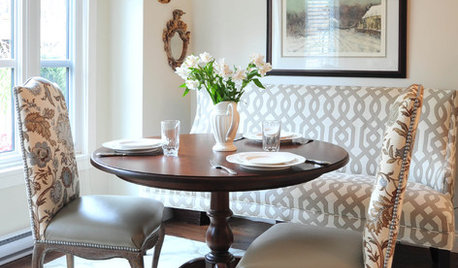
UPHOLSTERYTextile Textbook: Meet Your Must-Have Synthetic Fabrics
From the living room to the backyard, these textiles deserve a closer look by parents, pet lovers and those on the go
Full Story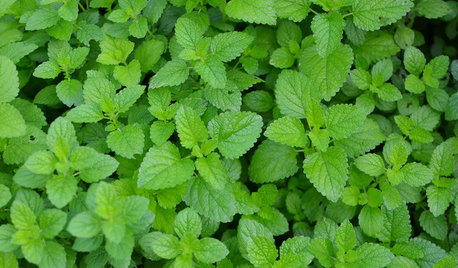
EDIBLE GARDENS12 Essential Herbs for Your Edible Garden
Make home cooking and drinks even better with herbs plucked from your own backyard or windowsill pot
Full Story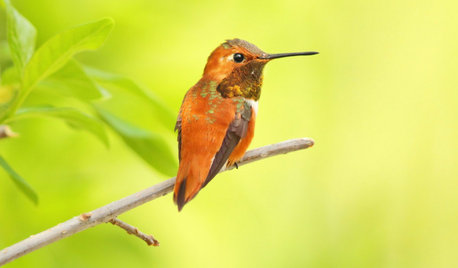
GARDENING GUIDESBackyard Birds: Invite Entertaining Hummingbirds Into Your Garden
Hummingbirds — unique to the Americas — zip through open landscapes seasonally or year-round. Here’s how to attract them
Full Story
DECORATING GUIDESShop Your Garden for Easy Holiday Decorations
Make your home merry and bright without all the stress and fuss — everything you need is in your own backyard
Full Story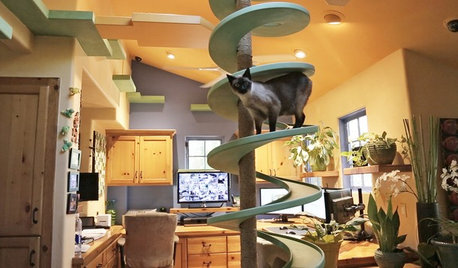
PETSWe Want to See the Most Creative Pet Spaces in the World
Houzz is seeking pet-friendly designs from around the globe. Get out your camera and post your photos now!
Full Story
LANDSCAPE DESIGN5 Amazing Landscapes Across the U.S.
Catch an eyeful to inspire your own yard, from the Virginia countryside to the California coast
Full Story
EDIBLE GARDENSGarden BFFs? Why Your Vegetables Are Begging for Companion Plants
Foster friendships among plants for protection from pests, pollination support and color camaraderie
Full Story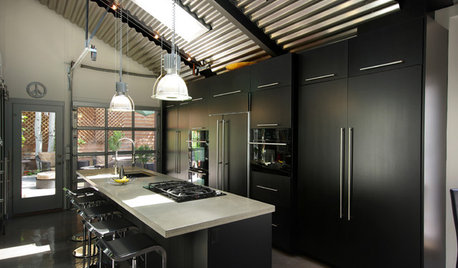
KITCHEN DESIGN10 Smashing Black Kitchens
Looking for something different from an all-white kitchen? Think about going stylishly dark instead
Full StorySponsored






auntyara